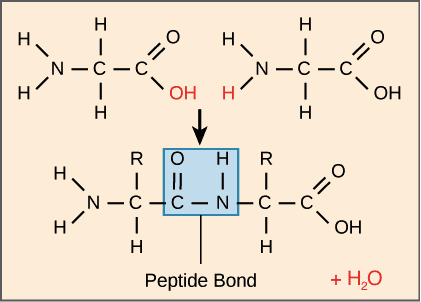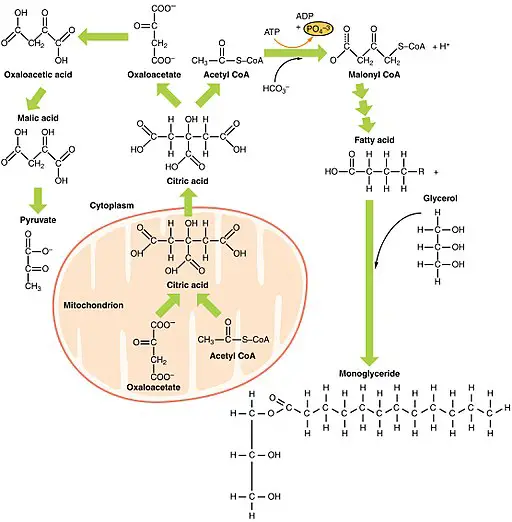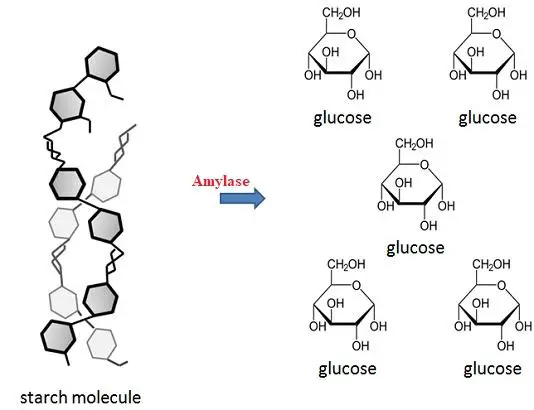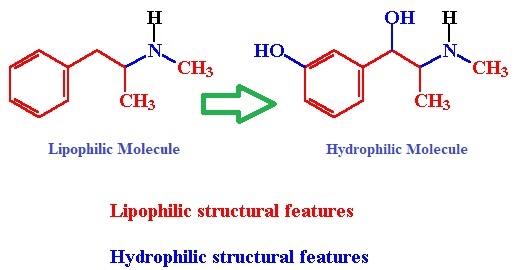Metabolism is a biochemical reaction that occurs in the presence of enzymes.
Metabolism plays a vital role in physiology like the digestion of food, absorption, distribution, and also excretion.
Even waste material and harmful substances like drugs are also metabolized in the body to expel them out through excretory organs.
Metabolism is mainly of two types as anabolism and catabolism.
In the process of anabolism smaller molecules are aligned to form larger molecules whereas, in catabolism, larger molecules are broken down into smaller ones.
Anabolism is mostly necessary for body growth, maintenance (survival) and also for reserve food materials to cope with starvation.
Catabolism is essential for wound healing, repair, apoptosis pathway, excretion, and also the expulsion of toxic waste from the body.
Metabolism occurs in the cells, tissues, and organs like the liver, kidney, lungs, skin, etc. Of them, the lung is the major metabolic organ.
What Role do Enzymes Play in Metabolism
1. Help in the formation of macromolecules
2. Help in the conversion of a molecule from one form to another form
3. Aid in the breakdown of large molecules to smaller ones
4. Convert lipophilic molecules to hydrophilic ones
5. Minimize the toxicity of substances.
1. Formation of macromolecules
Enzymes help in the creation of macro-molecules as required by the body. These macromolecules are used for regular physiology or storage.
Examples include:
a) Conversion of glucose to glycogen by the enzyme glycogen synthase. This glycogen is stored in the liver for future use.
b) Conversion of amino acids to peptides by peptide bond formation due to the enzyme peptide synthetases.

c) Formation of DNA and RNA by polymerases.
2. Change in the form of molecules
Molecules with the same number of elements in the structure can have different shapes and properties. In one form they can be active while in another form inactive.

In the image above, you can notice Oxaloacetic acid converts Malic acid. Both are similar in terms of chemistry. Thus, these molecules are inter-converted based on the requirement by the enzymes like isomerases.
3. Breakdown of large to small molecules
Enzymes are also involved in the breakdown of large molecules to small molecules to meet the needs of the body and also for excretion from the body.
Examples:
a) Starch is broken down to release glucose in the gut in the presence of digestive enzyme amylase.

b) Glycogen is broken down into glucose by the enzyme glycogen phosphorylase
4. Enhancing the solubility or Convert lipophilic molecules to hydrophilic ones
When a substance is lipophilic, it tends to be distributed in the tissues and cells. When it is hydrophilic, it tries to stay in the water compartment of the body, i.e., blood and other fluids. When a substance is hydrophilic, it can be easily expelled in urine.

Hence, lipophilic substances are converted to hydrophilic ones by enzyme action. One common example of such a reaction is glucuronidation.
5. Minimizing the toxicity of substances
When a substance is toxic to the body due to its chemical nature, it is metabolized by enzymes to no toxic one.
Here, uridine 5′-diphosphoglucuronic acid is allowed to react with drugs and substance containing functional groups like OH-, NH2- and COOH- etc.
Also, see Examples of metabolic pathways.